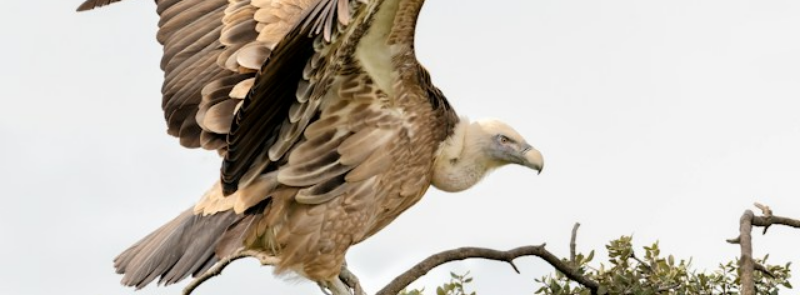
When It Occurs
Annually First Saturday of September
Official Website
Timeline
Days Passed (533)
# Hashtags
#InternationalVultureAwarenessDay #VultureConservation
Observed on the first Saturday of every September, International Vulture Awareness Day highlights the ecological significance of vultures, a group of birds facing various threats in their habitats. Many vulture species are experiencing population pressures, with some even teetering on the brink of extinction.
History and Background
- Establishment: International Vulture Awareness Day was established to bring attention to the critical status of vulture populations around the world. It is organized by various wildlife and conservation organizations.
- Inception: The idea for IVAD originated from separate initiatives by the Birds of Prey Programme in South Africa and the Hawk Conservancy Trust in the UK, which merged to create a unified international day of awareness.
Objectives and Significance
- Raising Awareness: The primary goal is to raise public awareness about vultures, their ecological role, and the severe threats they face.
- Conservation Efforts: Highlighting ongoing conservation efforts and encouraging support for initiatives aimed at protecting and conserving vulture populations.
- Educational Outreach: Educating the public about the importance of vultures and dispelling myths and misconceptions about these birds.
Importance of Vultures
- Ecosystem Role: Vultures play a crucial role in ecosystems as scavengers. They help in the disposal of carcasses, which prevents the spread of diseases.
- Biodiversity Indicators: Healthy vulture populations are indicators of a balanced and functioning ecosystem.
- Nutrient Recycling: By consuming dead animals, vultures recycle nutrients back into the ecosystem, promoting ecological balance.
Threats to Vultures
- Poisoning: One of the major threats to vultures is poisoning, often due to ingestion of carcasses laced with toxic chemicals or lead from hunting ammunition.
- Habitat Loss: Destruction of natural habitats due to urbanization, agriculture, and deforestation poses a significant threat.
- Electrocution and Collisions: Vultures are at risk from power lines and wind turbines, leading to fatal collisions and electrocutions.
- Diclofenac: The veterinary drug diclofenac, used to treat livestock, is toxic to vultures. Ingesting even small amounts from treated carcasses can be fatal.
- Persecution: In some regions, vultures are persecuted due to superstitions or because they are mistakenly believed to harm livestock.
Celebrations and Activities
- Events and Exhibitions: Zoos, wildlife parks, and conservation organizations host events, exhibitions, and educational programs to celebrate IVAD.
- Workshops and Talks: Experts conduct workshops and talks to educate people about vulture conservation and the importance of these birds.
- Community Involvement: Local communities are encouraged to participate in activities such as clean-up drives, monitoring programs, and habitat restoration projects.
- Social Media Campaigns: Organizations and individuals use social media platforms to spread awareness and share information about vultures using hashtags like #VultureAwarenessDay and #SaveVultures.
- Art and Photography: Art and photography competitions or exhibitions focused on vultures help to engage the public creatively and visually.
Key Organizations
- BirdLife International: A global partnership of conservation organizations focused on protecting birds and their habitats.
- Vulture Conservation Foundation (VCF): A leading organization in Europe dedicated to the conservation of vultures.
- The Peregrine Fund: An organization that works on raptor conservation worldwide, including several vulture species.
- Hawk Conservancy Trust: A UK-based organization dedicated to the conservation of birds of prey, including vultures.
Impact and Participation
- Global Reach: IVAD has a global reach, with activities and events organized in various countries, engaging people from different walks of life.
- Conservation Success: The day helps to highlight successful conservation stories and projects, encouraging further support and involvement.
- Collaborative Efforts: IVAD fosters collaboration among conservationists, researchers, policymakers, and the public to address the challenges faced by vultures.
How to Participate
- Attend Events: Participate in local events, workshops, and talks organized by zoos, wildlife organizations, and conservation groups.
- Support Conservation: Donate to or volunteer with organizations working on vulture conservation projects.
- Spread Awareness: Use social media to share information and raise awareness about vultures and the threats they face.
- Educate Others: Engage in conversations with friends, family, and community members about the importance of vultures and how they can help.
- Promote Safe Practices: Advocate for the banning of harmful substances like diclofenac and support the use of safe alternatives.
International Vulture Awareness Day is a crucial platform for highlighting the plight of vultures and galvanizing global efforts to ensure their survival. Through education, conservation, and community involvement, IVAD aims to secure a future for these essential yet often misunderstood birds.


